In its original form, Radio Bulgaria came to life on February 16, 1936 - just 13 months after radio broadcasting in Bulgaria became a state-owned activity, and the Bulgarian radio, then called Radio Sofia, officially started its operation. It was on a Sunday and with the help of shortwaves, the whole morning program of the Bulgarian radio could be heard for the first time across Europe, North Africa and North America.
Written records show that 84 years ago the foreign-service broadcasts of the Bulgarian National Radio were first introduced in Esperanto and after May 1, 1937 - systematically, five times a week, in French, German, English and Italian. In 1938, a new form was created called “Special broadcasts for certain European countries”. What is special about these programs is their preliminary publicity in the countries for which they were targeted. Their launch was made public through Bulgaria’s legations and business offices abroad, with the help of foreign radio stations and newspapers.
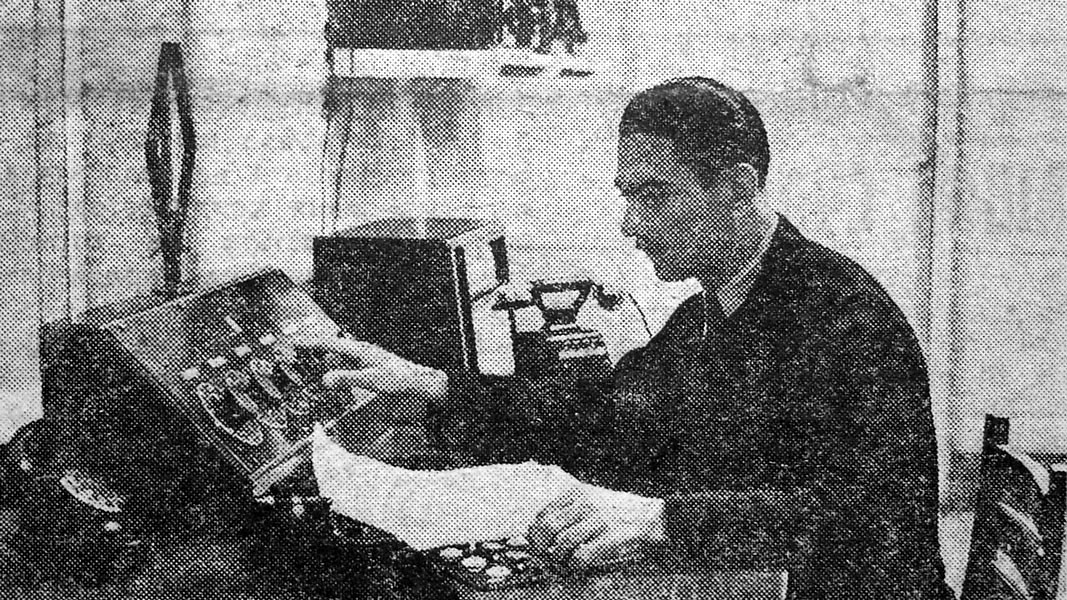
In those first years of broadcasting abroad, external contributors were involved as authors and presenters. This is the case with the editor of La Parole Bulgare newspaper (Bulgarian speech) Georgi Milchev, who used to make the weekly broadcasts in French, as well as with Petar Ouvaliev aka Pierre Rouve, working at the Printing Directorate at the time, later becoming one of the most influential Bulgarian intellectuals in the second half of the 20th century, who prepared the programmes in Italian.
Another curious fact from the history of Radio Bulgaria is that after the change of the regime on September 9, 1944, broadcasts in the Bulgarian language abroad were suspended. Their broadcasting was not restored until the late 1950s, and the emissions were targeted mainly at the Bulgarian emigrants to North and South America, called by the socialist regime “economic emigrants”.
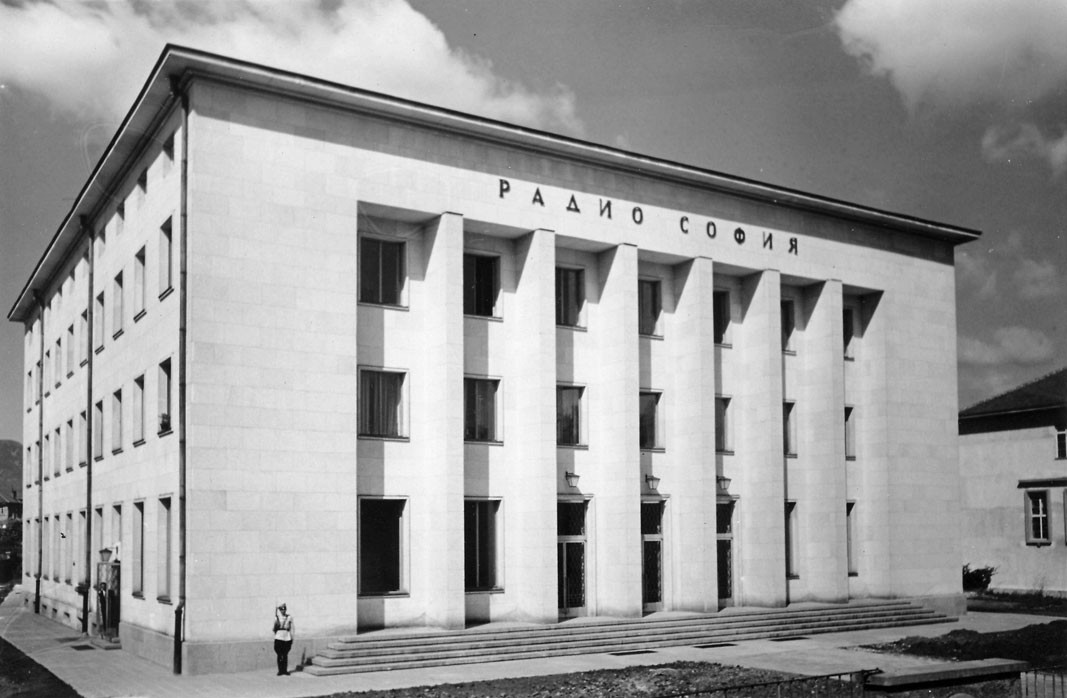
In the period 1945-1950, in its national programme Radio Sofia used to broadcast ten-minute news bulletins in Romanian, Serbo-Croatian, Greek and Turkish, and sometime later, broadcasts in Turkish, Serbo-Croatian, Greek, Albanian, Portuguese, Arabic, Spanish, Russian started for foreign audiences... *
In the attached audio file you can recall how Radio Bulgaria used to sound over the years…
Since 1992, BNR's foreign-language broadcasts have been called Radio Bulgaria, and since May 2004 their team has also been maintaining the BNR's multilingual website on the Internet - with text, images and sounds, in 11 languages.
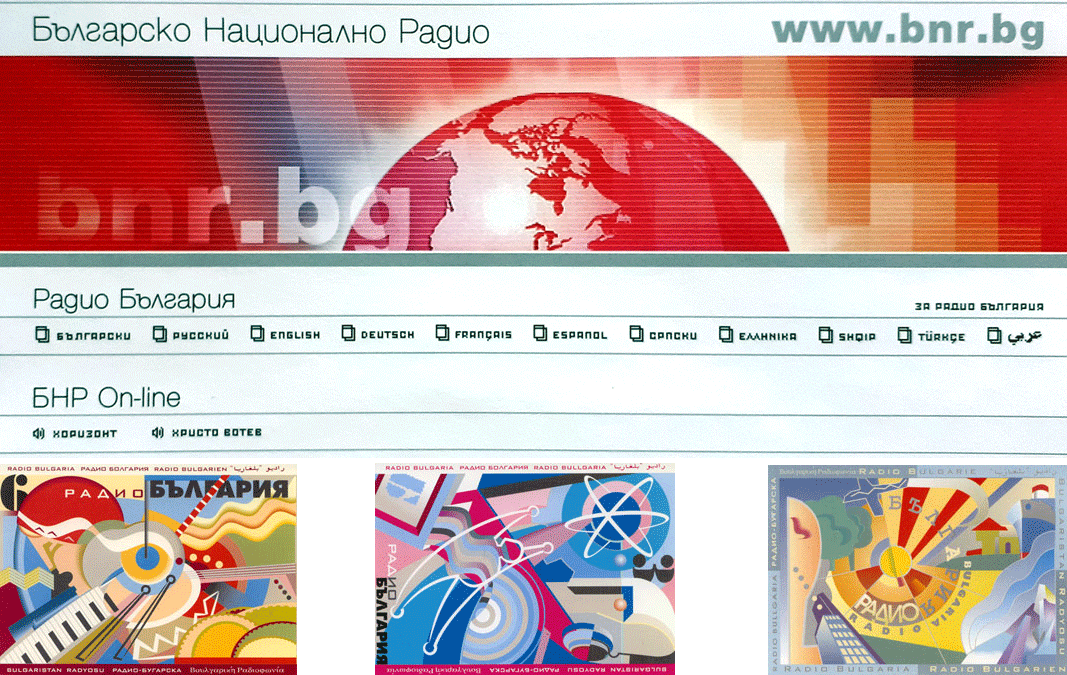
In addition to the positive changes, the new millennium put Radio Bulgaria's team in the throes of some twists and turns, such as: the suspension of short and medium wave broadcasts in 2012; the closure of the Arabic language section in 2016, the suspension of the 24-hour online audio streaming in Bulgarian, English, Spanish, German, French, Russian, Serbian, Greek, Turkish and Albanian in 2017; the proposal to restructure Radio Bulgaria and "reduce" the language departments to only three, which met with strong resistance from journalists and editors and the support from media partners, in the face of international organizations, government institutions, diplomatic missions, European MPs, Bulgarian media abroad...
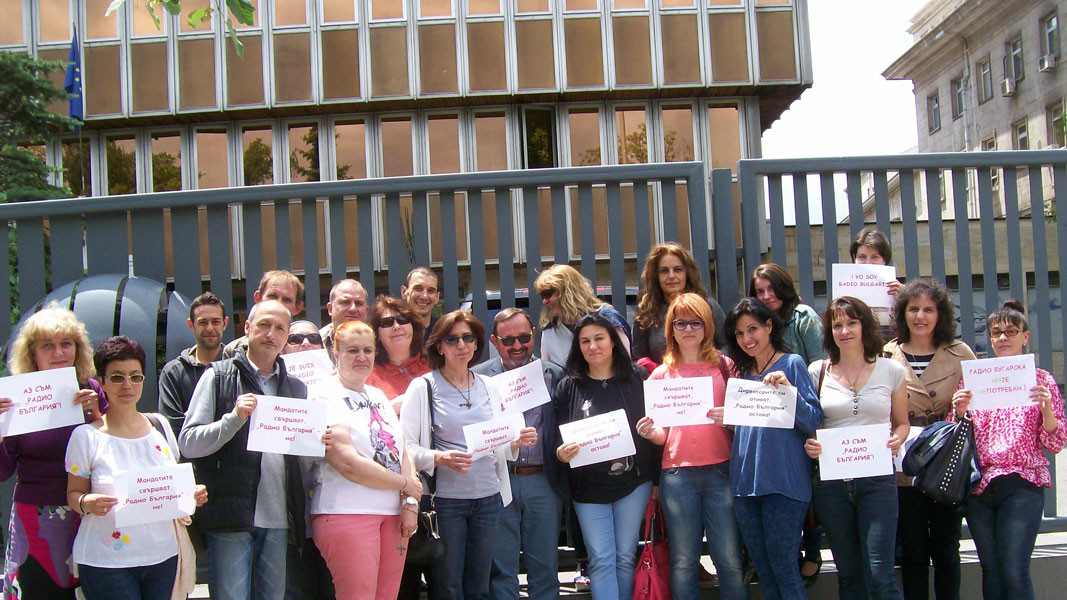
Having survived across the vicissitudes of time, Radio Bulgaria continues to pursue its mission to this day - to provide reliable, diverse and accurate information from and about Bulgaria on a daily basis, contributing to the formation of Bulgaria’s image around the world and helping the Bulgarian communities abroad and our countrymen by providing a source of information which is in a native language other than Bulgarian.
The media team is now facing the ambitious task of reinforcing the ties with our compatriots in different parts of the world that have been built for decades by maintaining their relationship with their native culture and language alive and attracting their representatives as Radio Bulgaria’s contributors. In its programming strategy for the future, Radio Bulgaria's team is also planning to introduce many new forms of presenting information which, we believe, will be able to soon bring to our readers and listeners.
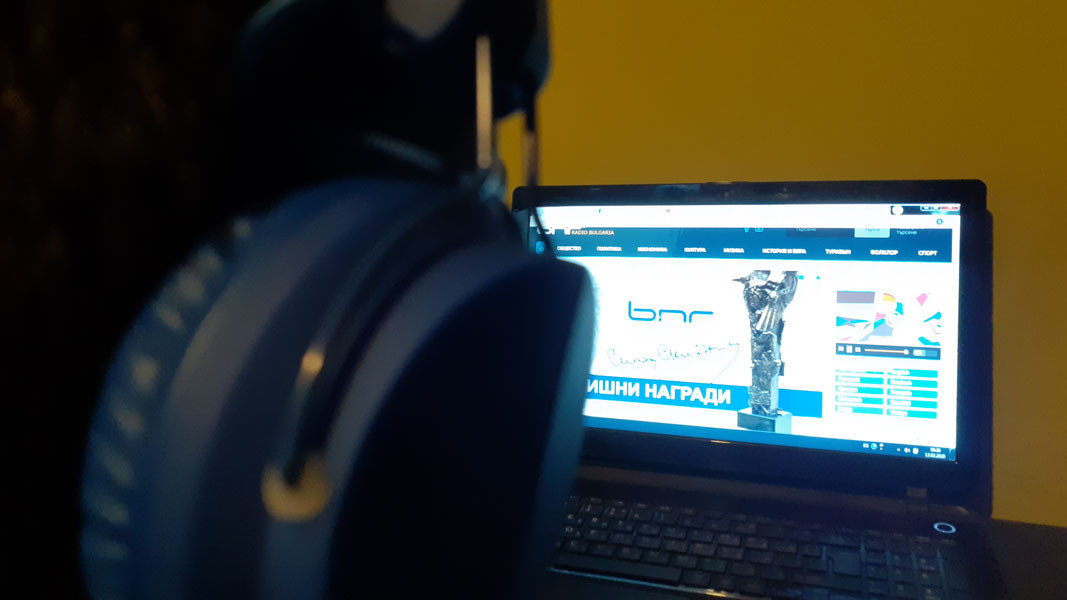
Happy 84th Anniversary of Radio Bulgaria!
Thank you for being with us and for being there!
* The text uses data on historical facts, researched and described by Bozhidar Metodiev, journalist and museum curator.
English Rossitsa Petcova
Photos: archive
On January 17, the Orthodox Church honors the memory of St. Anthony the Great – a zealous advocate of Christianity. At an advanced age, he took part in the Church's struggle against the Arian heresy. Anthony got into an open dispute with the..
His Eminence Metropolitan Anthony of Western and Central Europe and BNR Director General Milen Mitev signed a Memorandum of Cooperation at the headquarters of the Bulgarian Orthodox Church Diocese of Western and Central Europe in the German capital,..
The Aprilov National High School in the beautiful Bulgarian town of Gabrovo nestled in the foot of the Balkan Range celebrates its 190th anniversary in 2025. Following in the traditions of the Gabrovo Mutual School – the first secular school in..

+359 2 9336 661
